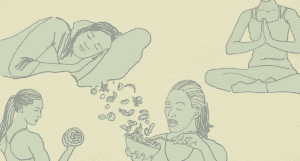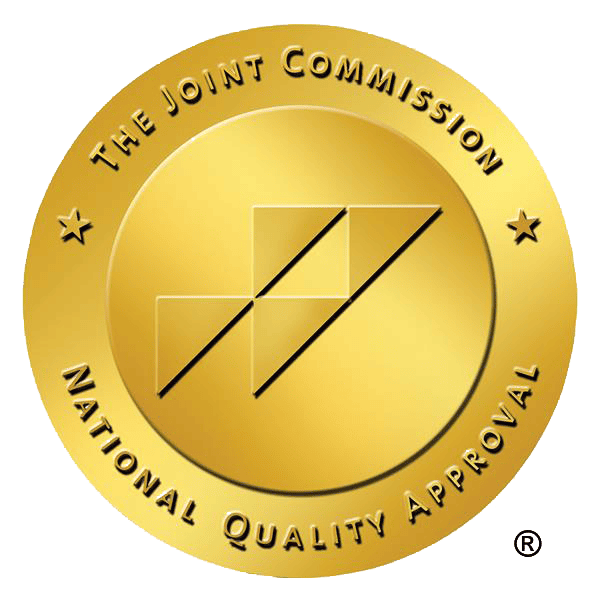Prescription drug abuse has become an alarming issue in today’s society, affecting individuals of all age groups and backgrounds. With easy access to prescription medications, many people are unknowingly falling into the trap of misuse and addiction. Exploring the abuse of prescription drugs and its signs, risks, and detox can help those seeking help and those wanting to support a loved one addicted to prescription drugs.
How Does Prescription Drug Abuse Occur?
There are two general ways drug abuse occurs. Firstly, it can happen through self-medication, where a person takes higher doses than prescribed to offset the effects of tolerance. Some people also exaggerate their symptoms to continue on medications, even though they no longer need them, and could be weaned off them.
The other way it occurs is when someone uses the drugs illegally. Someone abusing illicit prescription drugs is often fueled by the euphoric and pleasurable effects experienced. Regardless of how one abuses prescription drugs, their continued misuse can lead to dependence and eventual addiction.
Doctor Shopping
Doctor shopping is often associated with prescription drug addiction. It is the practice of visiting multiple doctors to obtain multiple prescriptions for the same type of medication. The objective is to accumulate a large supply of drugs to allow the person to continue to self-medicate and fuel their addiction.
Overprescription of Meds
Overprescription of medications can be another contributing factor leading to abuse of prescription drugs. Healthcare providers may prescribe higher doses or recommend longer durations of use than necessary. This can occur for various reasons, such as the patient exaggerating their condition, the doctor wanting to ensure patient satisfaction or improper pain management practices.
Most Commonly Abused Prescription Drugs
Some of the most commonly abused prescription drugs include:
- Opioids such as oxycodone and hydrocodone
- Benzodiazepines like Xanax and Valium
- Stimulants like Adderall and Ritalin
Signs of Prescription Drug Abuse
Several signs may indicate someone is abusing prescription drugs. For starters, noticeable behavior changes, mood swings, irritability, agitation, or increased secrecy are common signs. Some common physical symptoms include dilated or constricted pupils, drowsiness, slurred speech, and impaired coordination or motor skills.
A person grappling with drug abuse will also neglect their obligations, personal relationships, and financial responsibilities. They often withdraw from friends and family and stop enjoying activities and hobbies they used to find pleasure in.
As drug abuse continues, tolerance grows, requiring higher doses to achieve the desired effects. They might also experience withdrawal symptoms when attempting to cut down or stop using the medication.
Other signs that could indicate a prescription drug problem are:
- Doctor Shopping
- Changes in Appearance
- Lack of Personal Hygiene
- Financial Problems
Polydrug Use
Polydrug use is the practice of using multiple drugs simultaneously or in combination with each other. It involves mixing various substances, both legal and illegal, to enhance or alter their effects. Individuals engaging in polydrug use can combine prescription medications with alcohol, illicit drugs such as cocaine or heroin, or even over-the-counter medications.
What Are the Risk Factors for Prescription Drug Abuse?
Several risk factors can contribute to an individual’s susceptibility to abusing prescription drugs. A personal or family history of substance abuse results in a higher risk for individuals to abuse substances. Next, those with underlying mental health conditions, such as anxiety disorders, depression, or PTSD, may be more prone to self-medicate and misuse prescription medications.
Another risk factor is when someone has easy access to prescription drugs, either through healthcare providers or family and friends. Peer pressure can also contribute to abusing prescription drugs through enticement, encouragement, or temptation to try drugs.
Additionally, certain age groups can have a higher risk for potential abuse, such as teens, young adults, and senior citizens. Gender can also be a risk factor, as women tend to abuse prescription drugs more than men. Lastly, people with poor coping skills may turn to prescription drugs to alleviate stress, anxiety, and emotional pain without thinking about the consequences of becoming addicted to them.
Prescription Drug Withdrawal Symptoms
Withdrawal symptoms can occur when an individual abruptly stops or significantly reduces their use of prescription drugs. Symptoms can vary depending on various factors, such as the drug taken, dosage, and frequency, but often include:
- Flu-Like Symptoms
- Muscle Aches and Pains
- Headaches
- Sweating
- Tremors
- Cravings
- Anxiety
- Depression
- Restlessness
- Irritability and Agitation
- Disturbed Sleep Patterns
- Mood Swings
- Memory Problems
- Difficulting Focusing and Concentrating
Detox for Prescription Drugs
Detox can be a challenging and potentially dangerous process for individuals who have developed physical dependence and addiction to prescription drugs. Therefore, it is recommended that detox be conducted under medical supervision.
During detoxification, healthcare providers may employ various approaches to manage withdrawal symptoms and ensure patient safety, such as using medication-assisted treatment (MAT) to alleviate the more severe and intense withdrawal symptoms.
Individuals are also closely monitored and given support through counseling and therapy to help address psychological withdrawal symptoms, identify triggers, and develop coping skills.
Start Prescription Drug Abuse Treatment in Austin, TX
The Prairie Recovery Center in Austin, TX, provides customizable prescription drug abuse treatment programs to help you begin the road to recovery. We offer a safe, caring, and supportive environment where our compassionate team helps you take the first steps to a brighter future free from drugs.
Contact us to start your transformative journey today.









